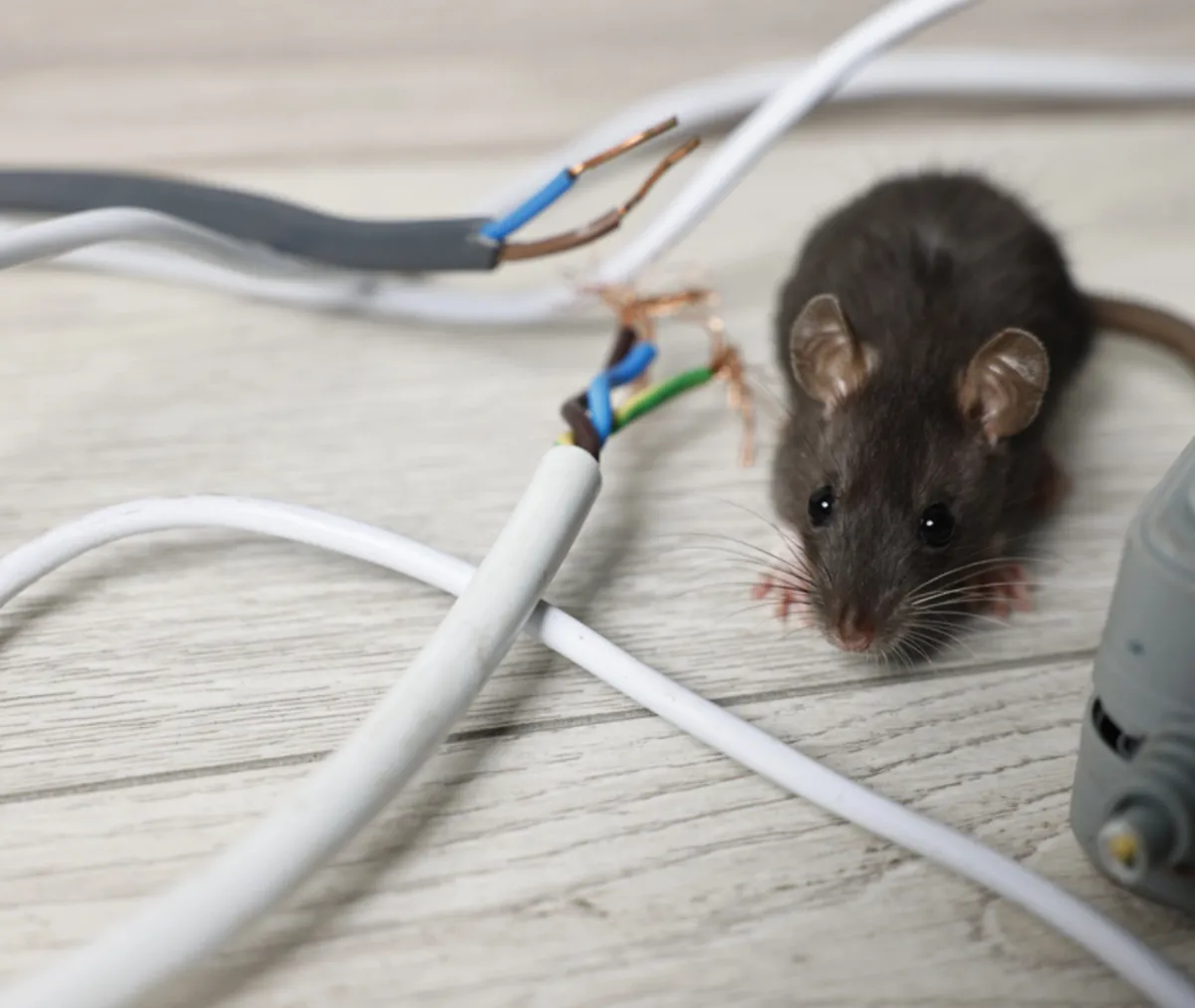
How does pest control for small animals protect homes and businesses?
When most people think of pest control, insects like ants, cockroaches, or termites usually come to mind. But small animals such as squirrels, raccoons, mice, and rats can be just as destructive—if not more. These animals may look harmless, but once they find their way into homes, offices, or commercial buildings, they can cause significant damage, spread disease, and create unsafe conditions.
Pest control for small animals is about more than just removing unwanted wildlife. It’s about protecting property, safeguarding health, and ensuring a safe, clean, and pest-free environment. Professional services provide humane removal, effective prevention, and long-term solutions that DIY methods often fail to achieve.
Key Ways Small Animal Pest Control Protects Property
1. Prevents Structural Damage
Small animals are notorious for chewing, digging, and nesting in places where they don’t belong:
Squirrels and raccoons often chew through wood, insulation, and roofing materials.
Rodents gnaw on electrical wires, creating dangerous fire hazards.
Unsealed entry points allow animals to establish nests in attics, basements, or crawl spaces.
Left unchecked, these issues can lead to costly repairs, water leaks, or even fire emergencies.
2. Reduces Health Risks
Beyond property damage, small animals also pose serious health concerns:
They carry bacteria, parasites, and viruses such as hantavirus, salmonella, and leptospirosis.
Droppings, urine, and nesting debris contaminate food storage areas and workspaces.
Infested animals may bring along fleas, ticks, and mites, which can spread to humans and pets.
By removing these pests and cleaning up contaminated areas, pest control services protect the health of everyone who lives or works on the property.
3. Protects Commercial Spaces
Small animal infestations are particularly damaging for businesses:
Restaurants, offices, and warehouses risk regulatory fines if inspectors find signs of animal activity.
Droppings, gnawing, and contamination can damage inventory, equipment, and supplies.
Visible infestations harm a company’s reputation and client trust.
Keeping commercial spaces pest-free ensures compliance with health codes while protecting brand credibility.
4. Minimizes Property Repair Costs
Preventing small animal damage early is far less expensive than repairing it later.
Regular inspections catch early warning signs before they escalate into major repairs.
Exclusion measures protect roofs, insulation, wiring, and plumbing from recurring damage.
Professional pest control is an investment that saves homeowners and business owners from costly, long-term repair bills.
5. Promotes Safety and Peace of Mind
Small animals can sometimes be aggressive if cornered, posing risks to people and pets. They can also create hazards:
Trip hazards from damaged flooring or debris.
Electrical risks from chewed wiring.
Stress and disruption from noises in walls or attics at night.
Professional pest control ensures safe, humane removal, restoring comfort and peace of mind.
Why Professional Small Animal Pest Control Is Essential
While traps and repellents may seem like a quick fix, DIY methods rarely solve the entire problem. Professional pest control offers a comprehensive approach:
Thorough inspections – Experts identify nests, entry points, and damage.
Humane removal – Live trapping or safe eviction methods in compliance with local wildlife laws.
Exclusion solutions – Installing chimney caps, vent covers, and barriers to prevent re-entry.
Sanitation and cleanup – Removing droppings and disinfecting contaminated areas.
Ongoing prevention – Scheduled inspections and monitoring for long-term protection.
Recurring pests such as squirrels and raccoons are skilled at returning to old nesting areas. Only professional exclusion and prevention keep them out for good.
Common Small Animals Targeted by Pest Control
Each species presents unique challenges, requiring tailored strategies:
Mice and rats – Infest kitchens, attics, and storage areas; gnaw wires and contaminate food.
Squirrels – Nest in attics and vents; damage insulation and electrical wiring.
Raccoons – Rip through roofing or ventilation systems; carry rabies and parasites.
Skunks and opossums – Damage lawns, spread odors, and create sanitation issues.
Bats – Roost in attics; guano buildup poses respiratory health risks.
Professional pest control ensures the correct, humane approach for each type of animal.
Seasonal Considerations for Small Animal Pest Control
Small animal activity changes with the seasons, making year-round vigilance important:
Fall – Animals seek warm, dry spaces indoors as temperatures drop.
Winter – Rodents and small mammals remain active inside homes and businesses.
Spring/Summer – Breeding season increases populations, raising the risk of infestations.
Scheduling inspections before fall and winter reduces the chance of animals moving indoors when they’re most active.
Tips for Maintaining a Pest-Free Property
Property owners can reduce risks by adopting simple prevention practices:
Seal gaps, cracks, and holes in walls, roofs, and foundations.
Store food in airtight containers.
Maintain clean trash storage areas to avoid attracting animals.
Trim shrubs and tree branches away from the building.
Schedule regular inspections with a professional pest control service.
These steps, combined with expert management, create a strong defense against infestations.
Long-Term Benefits of Small Animal Pest Control
Investing in professional pest control delivers lasting protection:
Property preservation – Prevents costly structural damage.
Health and safety – Reduces exposure to diseases and contamination.
Regulatory compliance – Keeps businesses within health and safety codes.
Peace of mind – Provides comfort and security for residents and employees.
Prevention – Reduces future infestations with exclusion and monitoring.
Final Thought
Pest control for small animals is essential for protecting both homes and businesses from damage, contamination, and safety risks. Professional services deliver inspections, humane removal, exclusion, sanitation, and long-term prevention strategies that DIY methods can’t match.
As fall and winter approach, small animals are more likely to seek shelter indoors. Now is the ideal time to schedule an inspection and secure your property. Investing in professional pest control is not just about removing unwanted animals—it’s about protecting your health, safety, and peace of mind year-round.